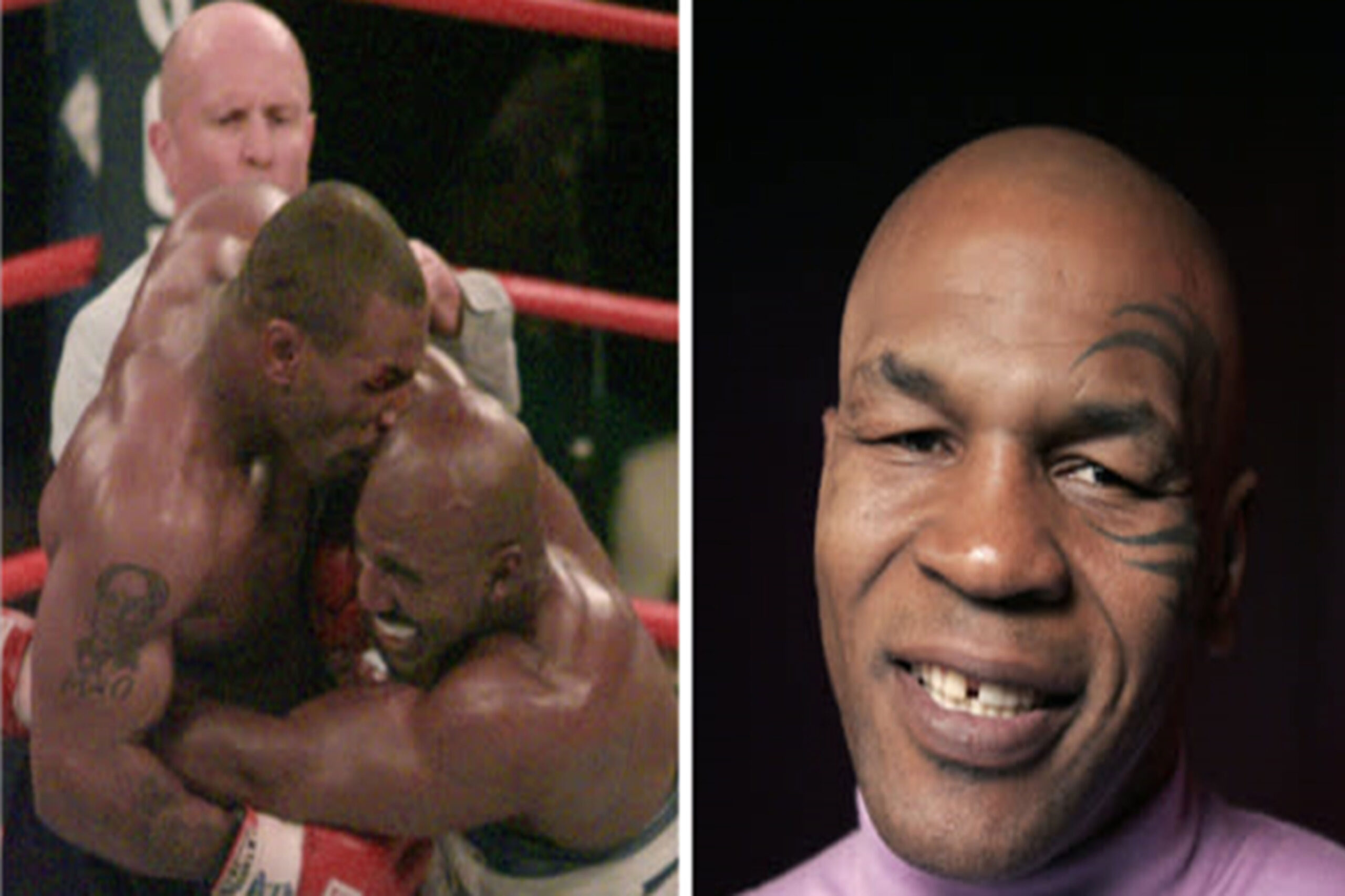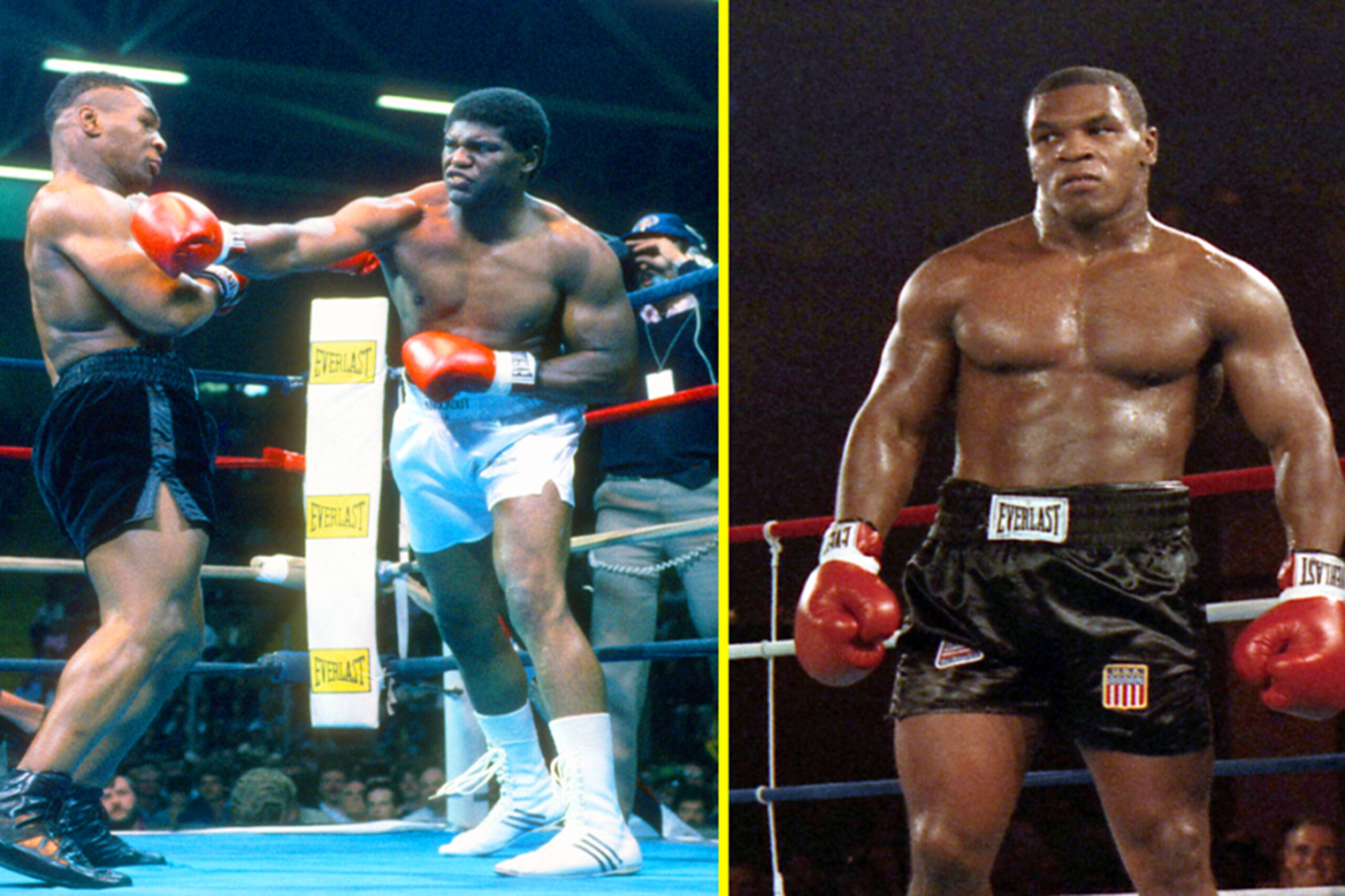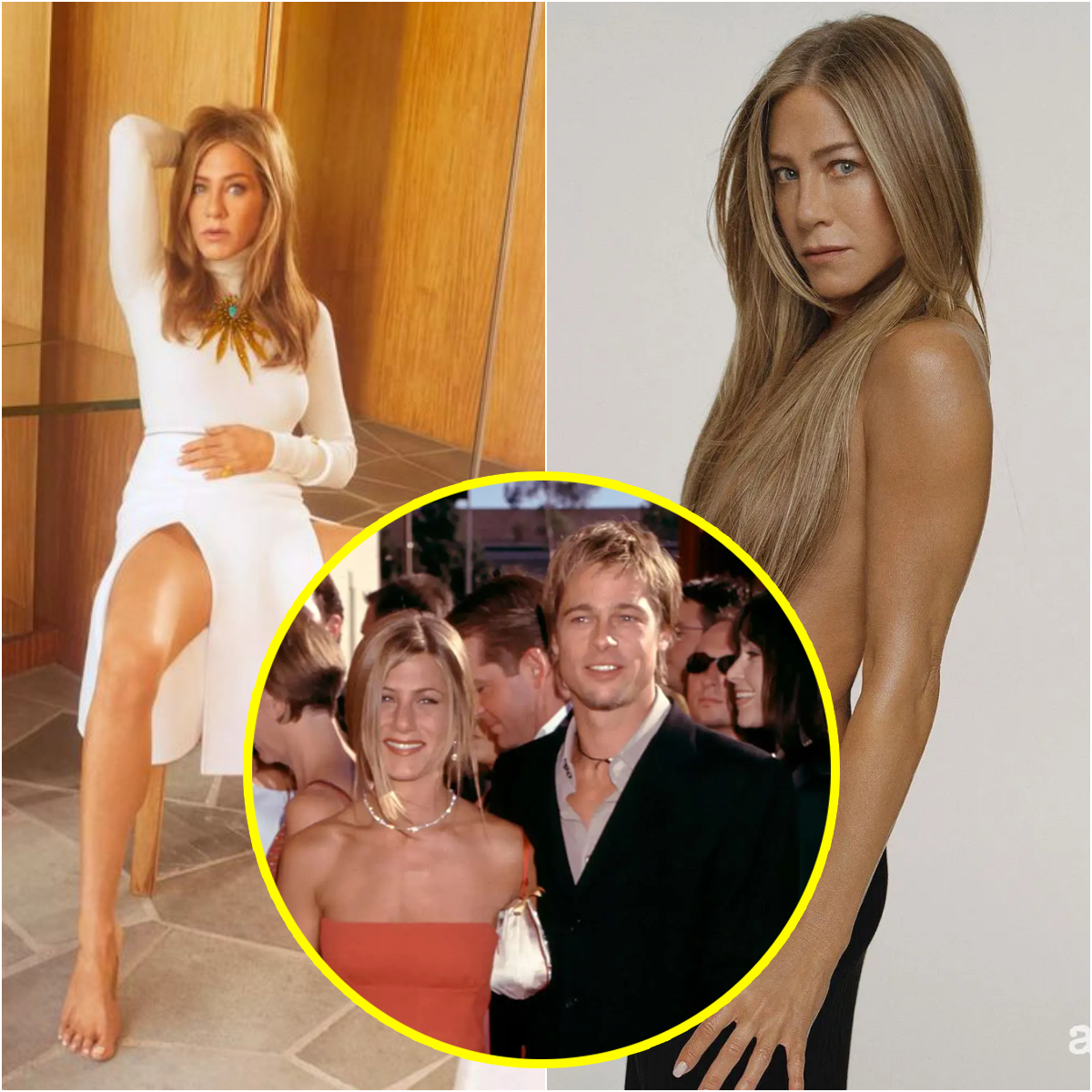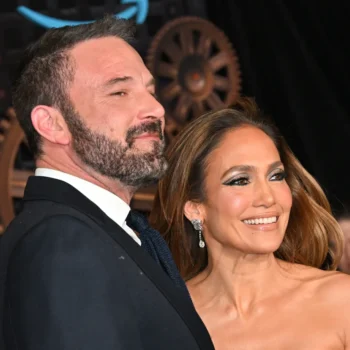
Battling Demons: Mike Tyson’s Rise from Juvenile Delinquency to Boxing Immortality
Mike Tyson never saw his biological father. His mother, who died when he was 16, had a reputation for promiscuity. Grew up in an American ghetto in abject poverty. Stole and fought on the street to survive. Was arrested multiple times even before he reached his teenage.
The same kid goes on to become the youngest heavyweight champion. Later the mention of his name – Mike Tyson – freaked people out. It became synonymous with brutality and violence. He gained the reputation of being a ravisher of women. It’s a heart-breaking story that has both elements, extraordinary highs as well as extraordinary lows.
At a juvenile centre in New York in 1979, his life started to change for the better. Former professional Bobby Stewart was taking boxing classes over there and he reckoned Tyson had some serious talent with the gloves on. He later approached legendary coach Cus D’Amato and the latter was stunned by the strength of a 13-year-old Tyson. At that age, Tyson, by several accounts, could lift up to 250 lbs during bench press. For those who don’t understand the significance of this… some fully dedicated bodybuilders can’t lift that kind of weight during their entire lifetime.

D’Amato trained Tyson well but in a big blow to Tyson, he passed away in 1985. He had done his job though. He had prepared a fighter that would go on to terrorise his opponents. Tyson turned pro a few months before D’Amato’s passing and had already begun dispatching one boxer after another before landing a World Boxing Council championship fight against Trevor Berbick.
On November 22, 1986 at Hilton Hotel in Las Vegas, a 20-year-old Tyson beat Berbick by Technical Knock Out to become the youngest heavyweight champion in the world, a record that stands to date. The next year he became the undisputed world heavyweight champion, first since 1978.
Things were going great for Tyson professionally but personally a storm of biblical proportions was brewing. With no guidance, he indulged in debauchery and drugs like there was no tomorrow. Before long, his marriage with actress Robin Givens also fell apart. He once caught Givens – after she had started the divorce proceedings against him — in a compromising position with Brad Pitt who was yet to become a true Hollywood superstar. With the passing of D’Amato, there was no one who could control Tyson and it was a matter of time before he collapsed on all counts.
On February 11, 1990, what was a long time coming at last came. Tyson lost the first fight of his heavyweight career, after 37 straight wins. At Tokyo Dome, he was stunned by James Douglas who was mourning the death of his recently deceased mother, and was all the more determined to win to honour her memory. Douglas survived some serious punches and even a knockdown to cause one of the greatest upsets.
Tyson didn’t take long to recover from the loss though. He won his next four fights, but then something totally unexpected happened. In July 1991, he was arrested on charges of rape. An 18-year-old girl named Desiree Washington, who was in Indianapolis to attend the Miss Black America pageant, accused Tyson of raping her in his hotel room after inviting her over.
In early 1992, Tyson was found guilty and sentenced to six years in jail along with four years of probation. Freed early in March 1995 for good behaviour, Tyson maintained his innocence saying he had consensual sex. “I did not rape Desiree Washington. She knows it, God knows it, and the consequences of her actions are something that she’s got to live with for the rest of her life,” Tyson wrote in his autobiography “Undisputed Truth: My Autobiography” years later in 2013.

Tyson returned to the boxing ring after spending three years in jail but he was not the fighter he once was. Yes, he won four consecutive fights on his return, including one against Frank Bruno, but his impact and dominance was not the same. He then lost back-to-back fights with Evander Holyfield, the second of which brought him more bad name.
He was disqualified for twice biting Holyfield’s ears. Later he also lost to Lennox Lewis. In 2003, Tyson filed for bankruptcy after reportedly earning at least $400 million in the preceding years. In 2005, Tyson lost to Kevin McBride. It turned out to be the last professional fight of his career. He ended his career with 50 wins (44 by Knockout) and six losses.
Tyson has since recovered and is leading a normal life. He has featured in some big movies as well as reality shows. He seems to have left all his troubles behind. In his post-boxing interviews, he often sounds like a philosopher, but then having lived a chequered life, he is in a position to impart wisdom to others. One can actually learn a lot from his interviews. The death of his four-year-old daughter in a treadmill accident in 2009 broke his heart not a little.
Tyson may not have lived a good, ideal life but his boxing legacy remains untarnished. He remains one of the greats, if not THE greatest. His fearsome reputation though has not changed much. Not many would be comfortable to even have coffee with him.















